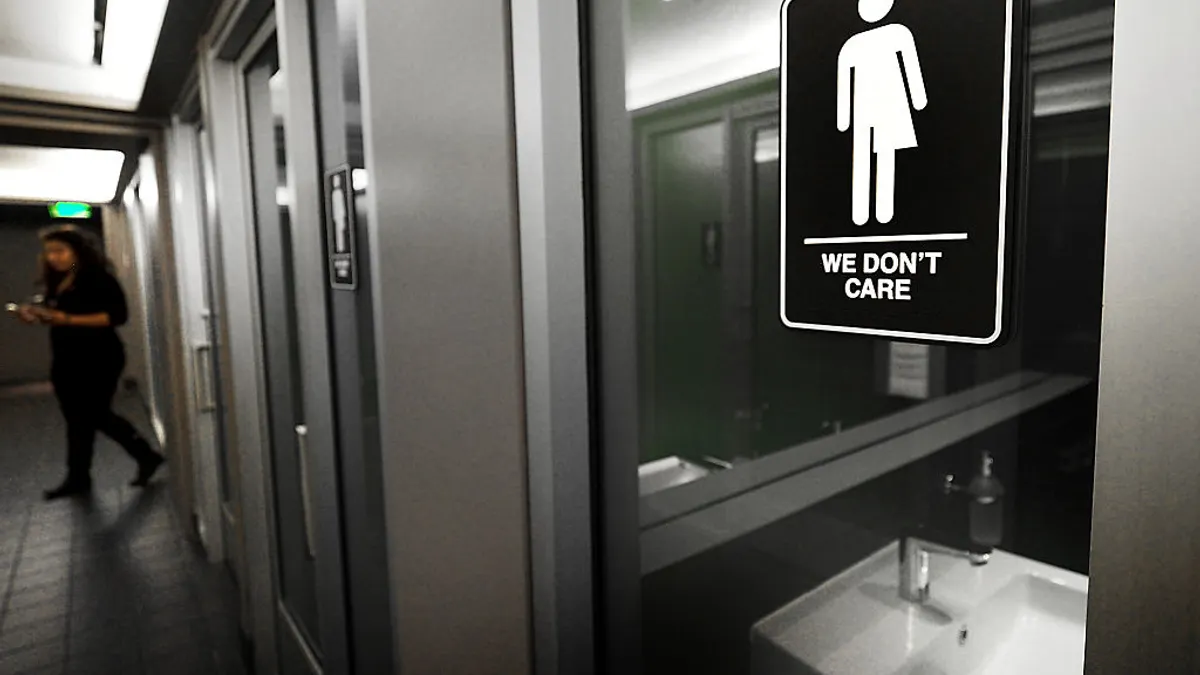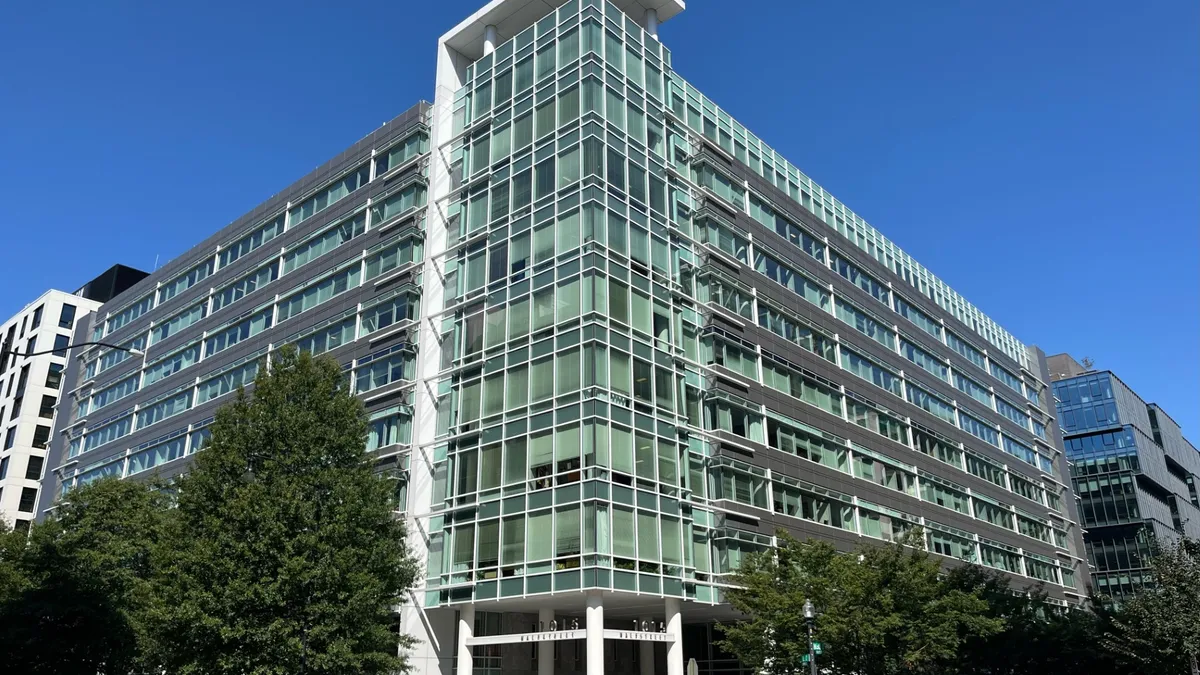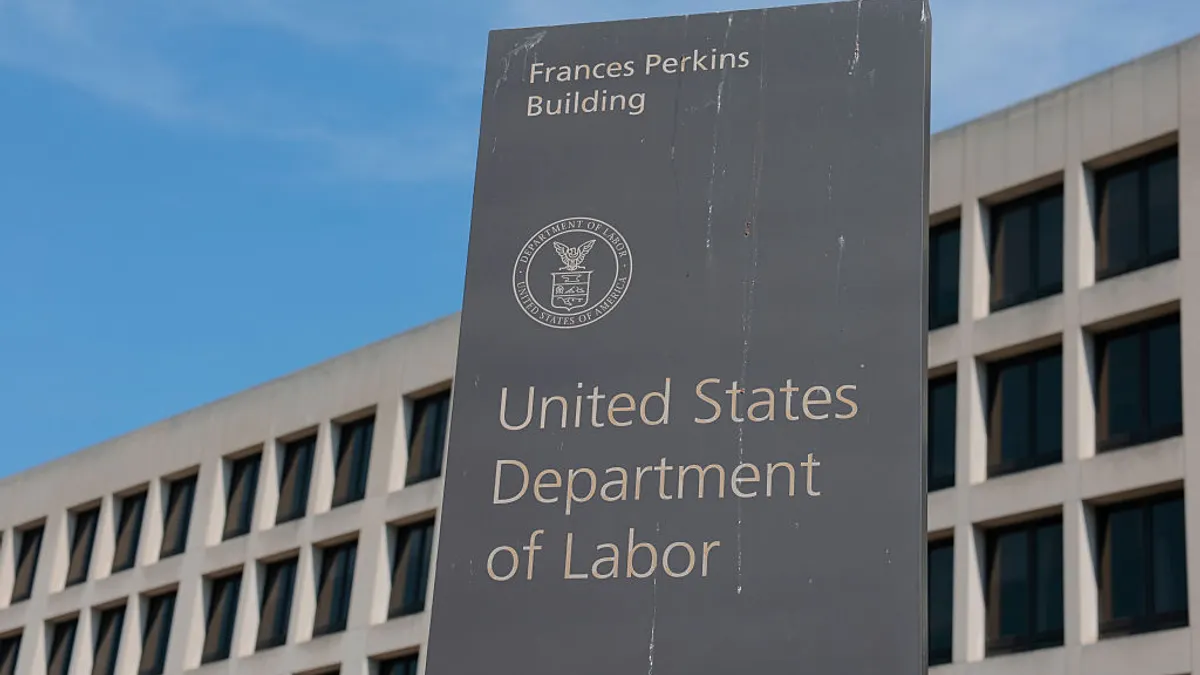The Fair Labor Standards Act (FLSA) has been law since 1938 but even an 80-year-old law is subject to compliance pressures created by today's world.
Experts say that increased use of technology, a reduction in unionized workplaces and greater access to compliance information via the internet mean that FLSA compliance remains critical — and in flux — in today's workplace.
Technology and timekeeping
Technology is playing a big role in timekeeping. The FLSA requires that covered employers keep payroll records for non-exempt workers. Employers are free to use any timekeeping method they want as long as it is accurate. There have been lawsuits challenging these systems however, as technology allows employers to move to a computer-based system, moving time clocks from the door to an employee's computer, for example. The lawsuits focus on the unpaid time between arriving and clocking in. Experts see the use of technology as a doubled-edged sword under the FLSA.
"Technology is certainly assisting employers when it comes to timekeeping/recordkeeping, but it does not mean that employers do not still need to make sure their policies and practices are compliant with the law, or that they keep up with technology," Michael Schmidt, vice chair of Cozen O'Connor's labor and employment department, said in an email to HR Dive. "For example, the fact that technologically-advanced timekeeping systems more accurately can track non-exempt punch-ins and punch-outs, means that an employer might need to reconsider its 'rounding' policies that were previously based on the premise that it was administratively difficult to accurately track employees' time."
But, technology can lead to problems, too. "Tech gives rise to more violations," Katherine Fechte, an associate in the St. Louis, Missouri office of Greensfelder, Hemker & Gale, P.C., said in an interview. "Managers can go in and change things. Sometimes, employees forget to clock out and managers go in and put the time in for them. We tell them not to change it. It also gives rise to more violations by employees, especially when they work remotely."
Security checks
Some of the biggest employers have faced lawsuits from workers over time spent waiting to have their bags checked upon leaving for the workday. In California, a number of mandatory bag inspection cases have come before the courts in recent years. Employees at Apple, Nike and Converse were granted class action status in their lawsuits, but the courts have often sided with the employers. Under the FLSA, de minimis time is not compensable. Apple won its case in 2015 and Nike recently prevailed in its case as well.
Recently, a California federal trial court granted summary judgment to Converse in a class action mandatory bag check lawsuit. Converse argued that the off-the-clock time required for the inspections was de minimis and, as a result, not compensable. Converse provided evidence that the bag inspections lasted less than 10 seconds on average. The plaintiffs claimed they waited more than two minutes in some cases.
Technology, such as better timekeeping systems and video monitoring, can assist employers in demonstrating that certain security checks take a de minimis amount of time, Schmidt said.
The rise of the independent contractor
It’s been predicted that 60% of the workforce could be independent professionals by 2027. In light of this trend, lawmakers are considering whether the worker classification system needs revising to protect workers in the gig economy. Officials have discussed everything from health coverage to unemployment insurance and retirement plans for gig workers.
"Assuming the premise is correct, that the future will see more non-traditional work arrangements such as more independent contractors, we will likely continue to see what many states and local municipalities have already started to do recently, which is to amend existing wage/hour laws — and enact new ones where there is a void —to expressly protect independent contractors and other non-traditional workers from wage/hour and other employment abuses," Schmidt said.
The growth of new work forms could have residual effects, perhaps including the draining of federal and state tax revenues, Adam Sencenbaugh, a partner in the Austin, Texas office of Haynes and Boone, told HR Dive in an email. Sencenbaugh said this may result in greater scrutiny of worker misclassification issues, and potentially spur other change: "This could result in more robust enforcement and perhaps a narrowing of exemptions under the FLSA."
But amending the FLSA is a non-starter for one legal expert. "The FLSA does a good job of capturing the essence of the distinction between independent contractor and employee, which is the question of control," Pablo Orozco, an associate in the California and Minnesota offices of Nilan Johnson Lewis, P.A., told HR Dive in an interview. "So, my sense is that, for now, the FLSA is adequate. Better to have separate legislation than to amend the FLSA and have it deal with something that it wasn't originally meant to deal with."
Demographic shifts
While there's been talk about the dichotomy between independent contractors versus employees, other demographic changes have more impact on FLSA compliance, Orozco said. The first is the decline in the percentage of the workforce that is part of a unionized environment. With fewer employees covered by collective bargaining agreements, the FLSA is coming more into play in regulating the workforce, making compliance a lot more critical than it used to be, he said.
Second, as the population moves from rural areas to urban areas and starts working for larger, more sophisticated employers, employees are becoming more sophisticated, Orozco said. Fifty years ago, the percentage of the population that had never come across an HR rep or had never been self-employed was much higher than it is today, he said, so employees are becoming much more savvy about their rights. That means employers have to be more concerned about and more sophisticated about FLSA compliance.
Greater access to compliance information, through the internet and elsewhere, has made both the employer and the employee more educated in this area, Schmidt said.
The third demographic change having an impact on FLSA compliance is the changing nature of work, Orozco said. One active area of FLSA compliance is that of exemptions, especially white-collar exemptions, and how those exemptions apply now that the workforce is shifting away from manufacturing into service industries. It's an area in which employers have to be careful, he said.





















